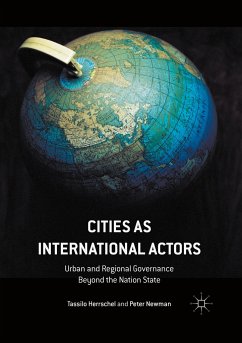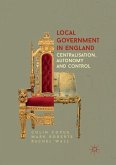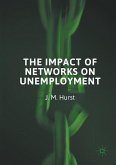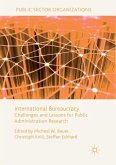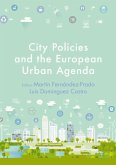This book explores the growing role of cities and regions as sub-national actors in shaping global governance. Far from being merely carried along by global forces, cities have become active players in making and maintaining the networks and connections that give shape to contemporary globalization. Exploring examples from Europe, North America and beyond, the authors reconcile the two separate, yet complimentary, theoretical and analytical lenses adopted by Urban Studies and International Relations, as they address the nature of 'cities' and 'internationality'. The authors challenge academic debate that is reluctant to cross disciplinary boundaries and thus offer more relevant answers to the new phenomenon of international city action, and how it weakens the traditional prerogative of the state as primary actor in the international realm. Conclusions focus on how this new internationality opens opportunities for cities and regions but also contains potential pitfalls that can constrain policy options and challenge the legitimacy of policy making at all scales.
Bitte wählen Sie Ihr Anliegen aus.
Rechnungen
Retourenschein anfordern
Bestellstatus
Storno

